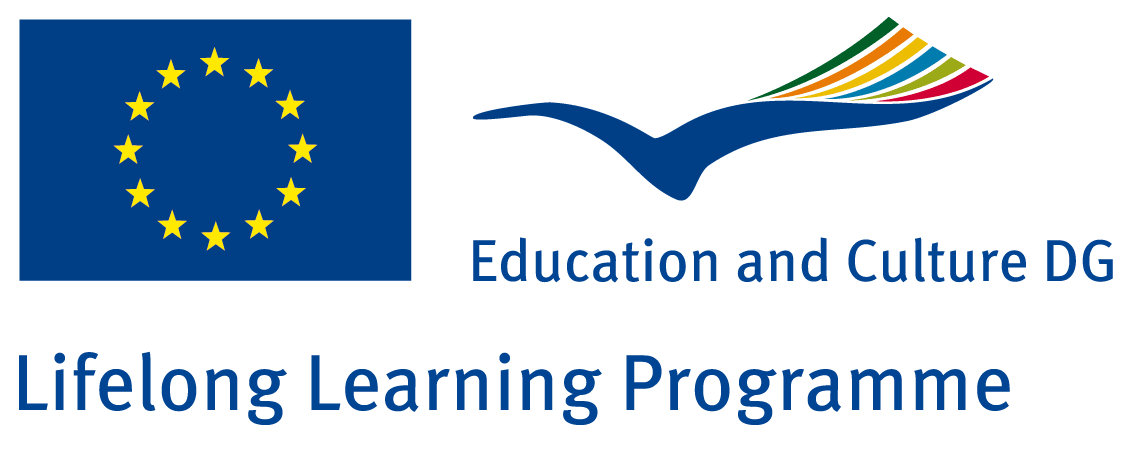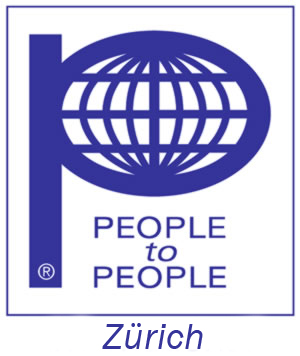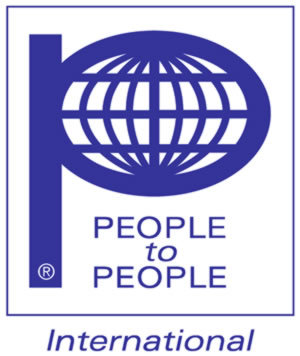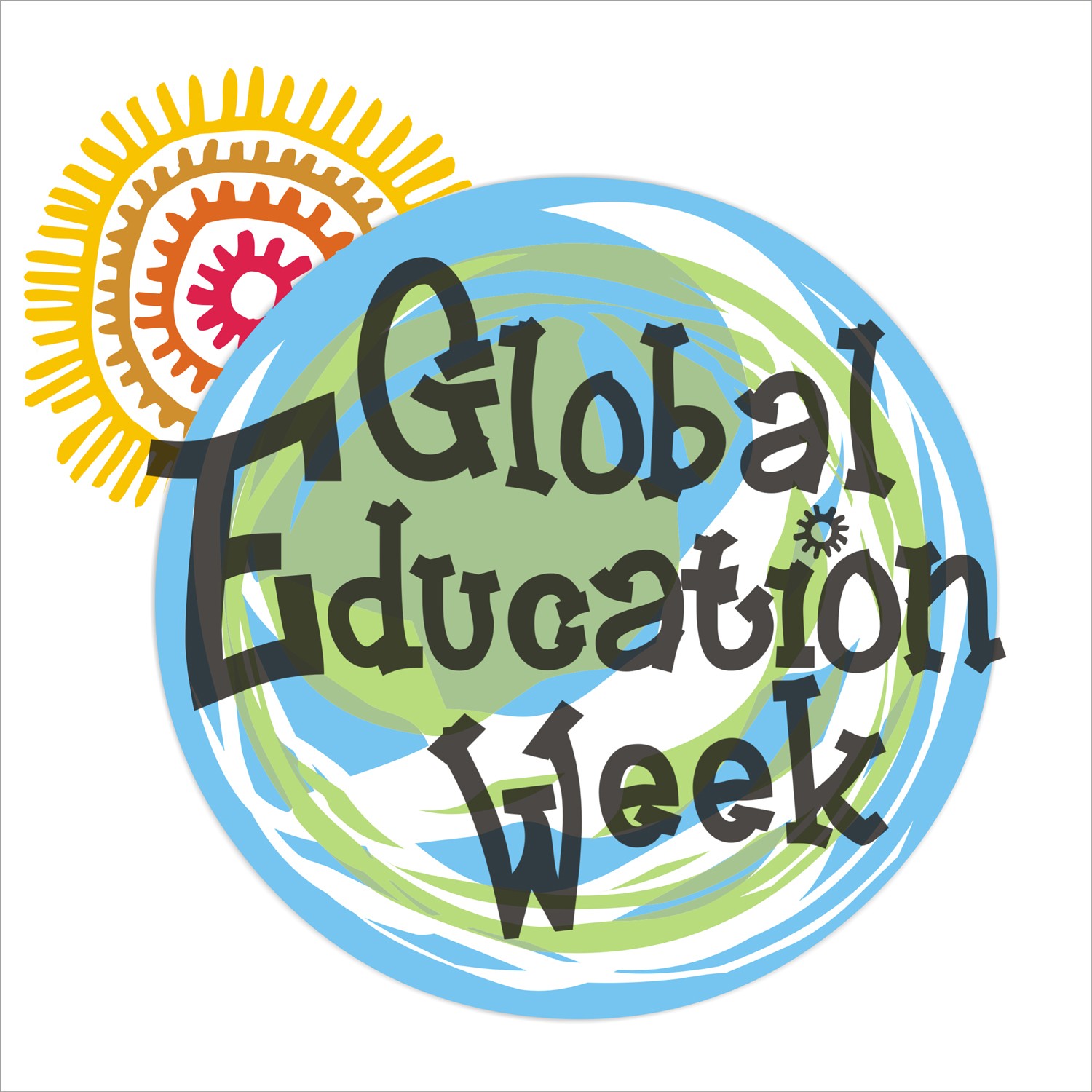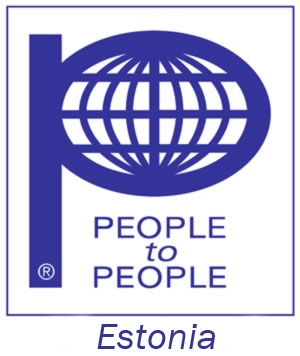Exchange of learning and teaching strategies: media literacy in adult education
“Exchange of learning and teaching strategies: media literacy in adult education” is Erasmus+ Strategic Partnerships for adult education, Exchanges of Practices (2016-2018). Six partners from France, Estonia, Italy, Sweden, Spain and Malta seek to develop initiatives addressing spheres of adult education and exchanges of experience and best practices in countering radicalization via media literacy. The main common needs expressed by partners are:
*to reinforce international networking by sharing best practices in media literacy to counter radicalization;
*to acquire new instruments of teaching creative reading and writing to counter radicalization and reduce the spread of biased information;
*to gain theoretical basis and practical skills in teaching creative reading and writing to adult learners.
General objectives are the promotion of adult education and cooperation between partners, recognition of non-formal education within and across national borders, in all sub-systems of education and training. The specific objectives of this project are:
(a) Extending and developing educators' competences in media literacy to counter radicalization of the population.
(b) (b) Develop and promote ITC skills in adult education.
(c) Create a network between project partners and local stakeholders.
Project participants will acquire various media abilities applicable to counter radicalization. They will be exposed to technology tools that are embedded in purposeful learning. Adult educators will improve their competences in planning and running own workshops. Project will support cross-sectorial cooperation between different types of organisations working in the field of adult education. Three non-governmental organisations, two small enterprises and one foundation are involved in this project.
The media approach in education for adults is targeted through non-formal learning methods, learning by doing, which aim at enhancing experiences and competences of staff members of partners organisations, learners and other stakeholders who will learn to analyze media content from different angles and create media content. More than 120 staff members and adult learners from partners countries will be directly involved in the project and more than 1200 indirectly during dissemination activities online.
Three international meetings in France, Malta and Sweden and two training courses in Italy and Spain in combination with local activities will be complementary for exchange of best practices and learning from each other. Project will foster intercultural dialogue and mutual understanding and particularly during dissemination activities when partners will organise presentations. Partners will disseminate at the highest possible level the knowledge acquired from this project in their organisations and countries, on regional, European and international levels.
This strategic partnership project will have long-term impact. Through a variety of specially designed activities, the participants will definitely manage to develop their competences in the field of media literacy, both theoretically and practically. One of the main results of this project will be intangible, the knowledge, skills; attitudes will be measured by self-assessment mechanisms, interviews and questionnaires. Self-assessment forms will be used before and after the trainings on international and local levels for staff members and adult learners.
Project results will be sustainable, especially resources in media literacy to counter radicalisation, that will be available on the Internet. Because they are e-products, they will be constantly added with new materials from project partner organisations and also from other institutions. Project will be sustainable also because of strong network: partners together with few other organisations plan to apply with new Erasmus+ project in 2018 which will include intellectual outputs.
Facebook page:
__________________________________________________________________
This project has been founded with support from the European Commission. This publication reflects the views only of the author and the Commission cannot be held responsible for any use which may be made of the information contained therein.
